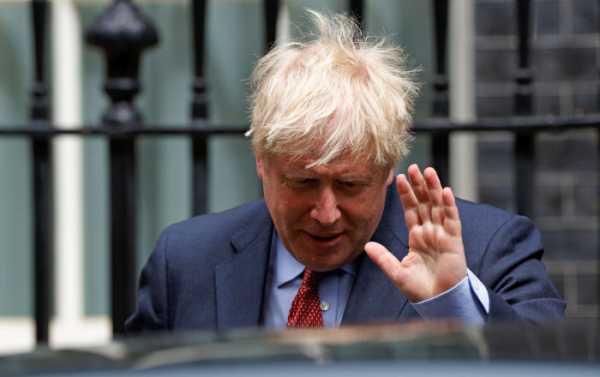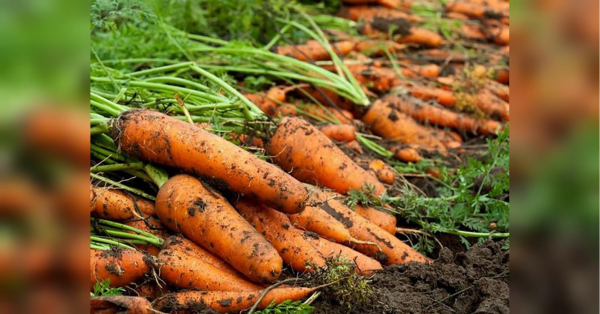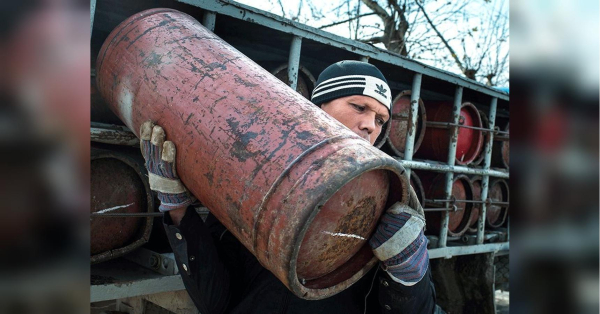
Westminster is determined to resuscitate support for the union between Scotland as part of the United Kingdom amid concerns over rising support for independence following years of frustration with Conservative rule.
Prime Minister Boris Johnson hailed the “sheer might” and “strength” of the United Kingdom on Thursday during his Scotland visit to dismiss demands for a second independence referendum as anti-Westminster sentiment grows.
After being asked whether there was a case to be made for another independence referendum, Johnson said that the result of the 2014 vote, which saw Scots decide to stay in the union, was “decisive” and “by common consent, a once in a generation event”.
“That is not a generation by any computation”, he said.
He lauded the coronavirus campaign and NHS funding across the country as a “crucial” example of the unions “merits” and thanked the armed forces involved in combating the coronavirus, including the setting up of testing sites and transferring patients.
The PM also warned that the pandemic is not over yet and said people should be “very vigilant” as the country enters the colder autumn and winter months.
He landed at Orkney’s Kirkwall Airport just before 10 am on Thursday before beginning his tour where he will meet business officials and military leaders.
A small group of protestors came out on the road to Stromness, Orkney.
The protesters held up signs with slogans such as “Hands off Scotland”, “Our Scotland, our future”, and “Indy Ref Now”. The crowd booed as his car drove past.
The PM met with fishermen at Copland Dock where he was seen handling crabs
Sturgeon’s Comments
Scottish First Minister and leader of the Scottish National Party (SNP) Nicola Sturgeon said during a Press Conference that Johnson should not use Covid-19 as a “political campaigning tool”.
She said that the UK could learn from the Scottish government’s “elimination” approach to coronavirus, which would put it in “the strongest position going into winter”.
It came after a welcome tweet to Johnson from the First Minister this morning, saying that his presence “highlights” Scotland’s ability to act autonomously.
Throughout the coronavirus pandemic, the Scottish government has increasingly followed a separate response to the rest of the UK – opening much slower than England and even suggesting travel controls akin to a border between the two UK member countries.
The Office for National Statistics show that England has seen 48,532 deaths as a result of Covid-19. In Scotland, data from the National Records of Scotland puts the coronavirus death toll at 4,193.
In polling conducted by YouGov, when asked which government has handled the coronavirus pandemic, 52% of respondents said Scotland while only 10% said England had responded better.
A Farewell Tour?
Boris Johnson’s tour of Scotland is intended to promote the need for the union in the economic recovery after the coronavirus pandemic. However, since his ascension to Number 10 exactly a year ago, sentiment for independence has been slowly rising.
While the Conservatives won a landslide victory in the December 2019 election, it was largely done on English votes. The pro-independence SNP managed to secure 80% of the seats in Scotland.
Polling has also begun to show a rising appetite among Scots for a second referendum. The last vote on the issue was held prior to three Conservative victories in Westminster, and the United Kingdom’s withdrawal from the European Union – none of which Scotland voted for.
Unionists have promised to hit back, however, with Conservative MSP Adam Tomkins saying that on Wednesday that Boris Johnson was going to “turn all of his fire” towards Scottish nationalism after making the “ugly version of English nationalism” of former UKIP leader Nigel Farage “irrelevant”.
Sourse: sputniknews.com






